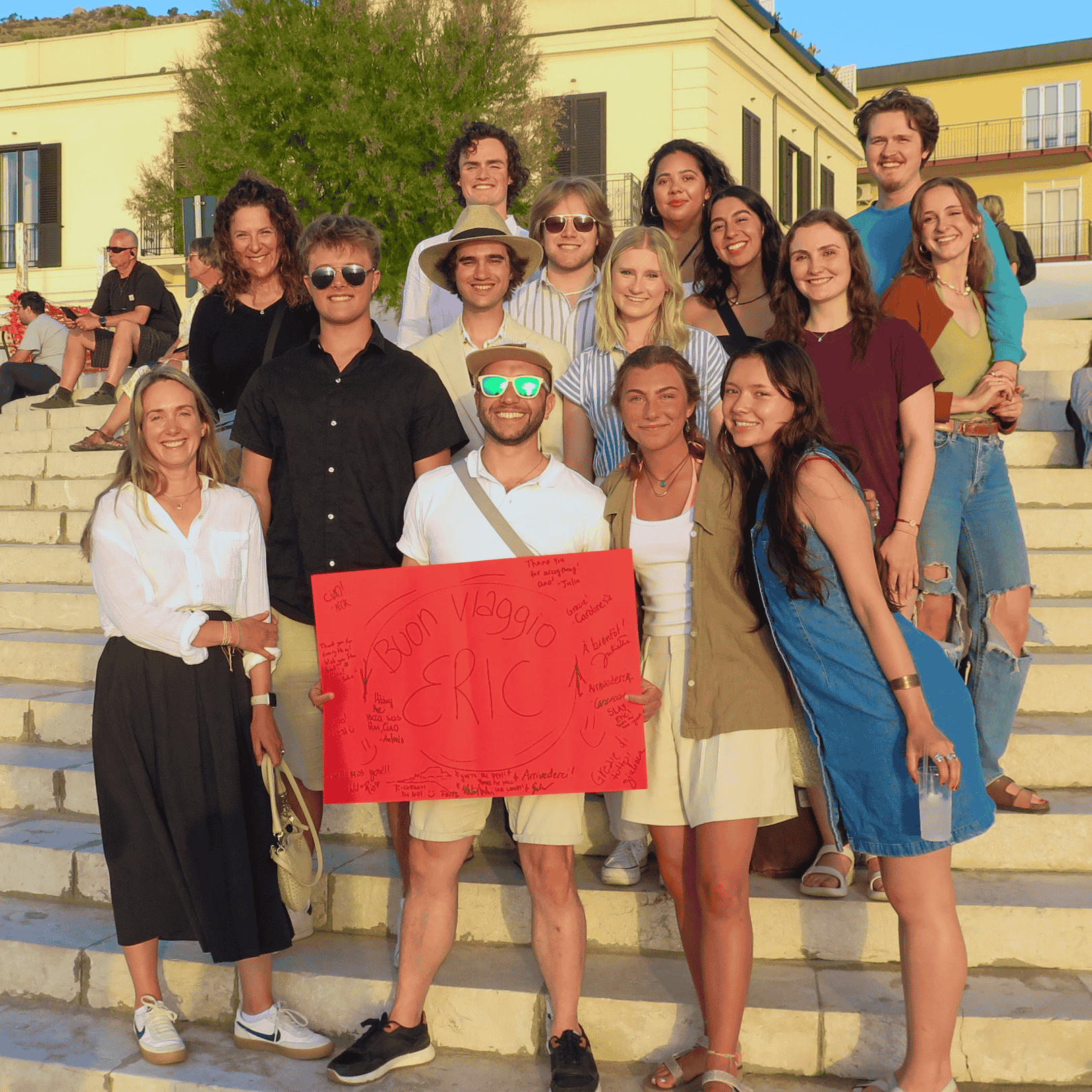Lead a Program
Leading a Learning Abroad program is a unique opportunity to bring your course to life by teaching it in an international context. Faculty-led programs are developed in collaboration with faculty, academic departments, and Learning Abroad staff, and are tied to a department curriculum to correlate with a student's major, minor, or area of interest. The program provides students with enriching academic experiences related to your academic discipline.
As a faculty leader, you’ll be responsible for planning and organizing your program’s itinerary, budget, and recruitment before departure. While abroad, you’ll oversee course delivery, student support, and risk management, ensuring a successful experience for all participants.
This role requires flexibility, leadership, and cultural sensitivity, allowing you to make a lasting impact on students' global understanding while also enhancing your own teaching portfolio.
Testimonals
Leading a program fosters rewarding, real-world impact
The most rewarding experience is seeing students use and apply what they are learning in the classroom in real-world settings while learning abroad. It’s one thing to discuss concepts, theories, history, and culture in a classroom, but it’s another to watch students immerse themselves in those very things in real time. I’ve seen how the experience abroad has influenced not only their academic paths but also their professional careers. It’s always gratifying to hear from former students years later, reflecting on how their time abroad shaped and guided their life choices.
Leading a program adds rigor to research and scholarships
For faculty, these programs provide rich opportunities for research and innovation. My work in Guatemala has led to research on sustainable models for volunteer medical care, the impact of health interventions on maternal and child health, and long-term outcomes for chronic disease management in rural communities. The integration of technology, public health frameworks, and clinical best practices makes this an ideal setting for faculty research and interdisciplinary collaborations.
Leading a program expands your classroom
Unlike a tour guide or third-party program director, faculty members can connect classroom theories with real-world applications, helping students critically analyze their surroundings. For example, a political science professor leading a program to South Africa can provide in-depth discussions on apartheid, democracy, and economic development, encouraging students to engage in meaningful discussions rather than simply visiting landmarks. This ability to bridge academic concepts with cultural immersion makes faculty leadership invaluable.





